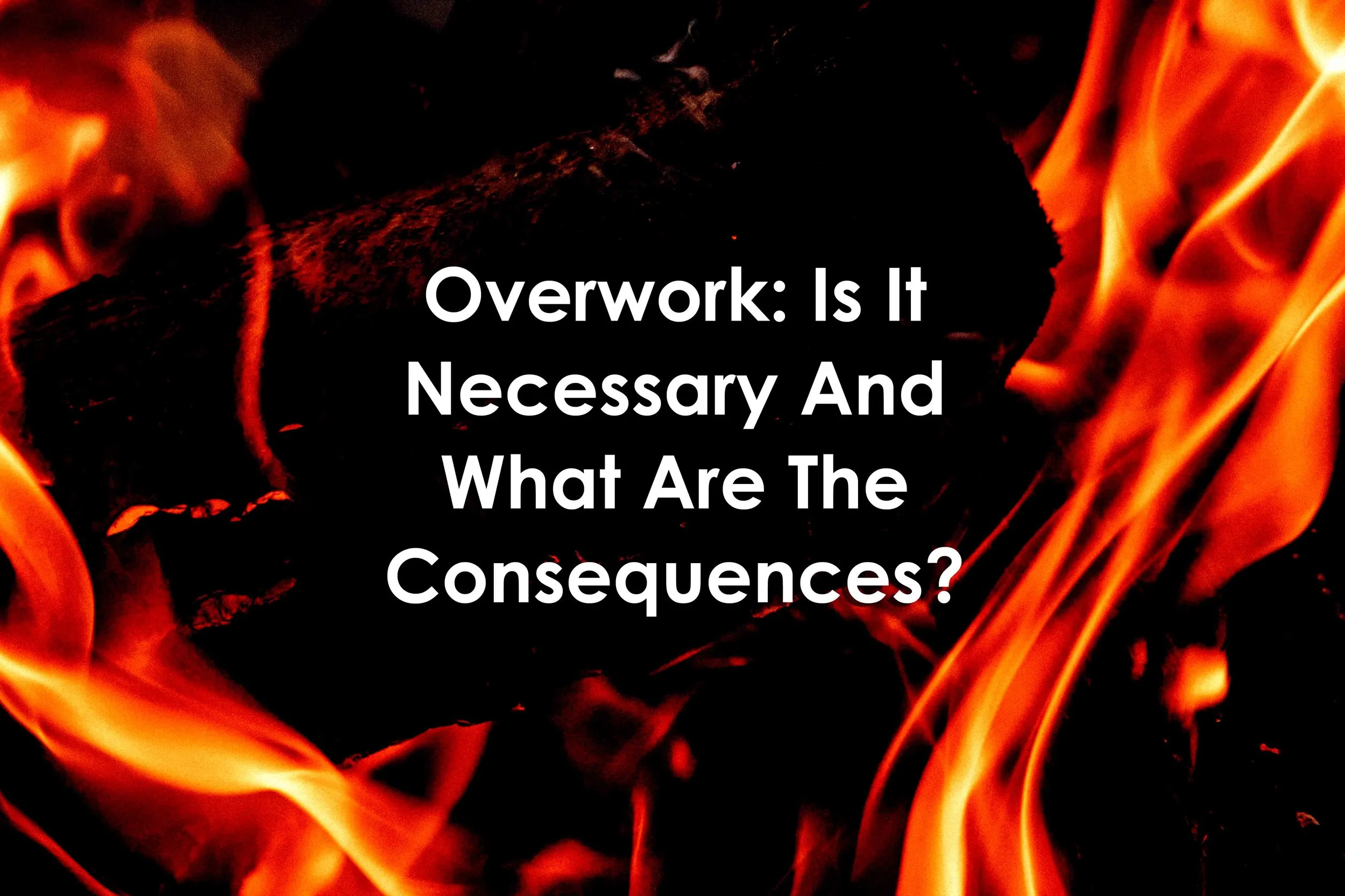Overwork: Is It Necessary And What Are The Consequences?
Overwork: Is It Necessary And What Are The Consequences?
Overwork: Is It Necessary And What Are The Consequences?
You can usually spot a developer or coder on a TV drama. As well as the utter certainty that they’ll be wearing a hoodie for some reason, they are generally reserved, socially awkward and probably either in the middle of working a 20-hour shift or annoyed to have been pulled away from their coding. The unmistakable impression that viewers come away with is that to develop a game or any large program, you need to be a poorly-adjusted workaholic.
How true is that image? For sure, developing a game can be hard work - horror stories are not uncommon within the game development world - but is it an absolute necessity that you be sat over a workstation long into the night and then back at it again first thing in the morning? Let’s look at some of the facts…
It all depends who sets the schedule
If you’re an independent developer, all deadlines are your own and if you look like breaking them, you can always give yourself an extension. If you’re part of a development team, on the other hand, you may well be expected to pull your weight - so if everyone else is putting in all-nighters, it will be noticed if you don’t. Famously, software houses will offer developers unlimited time off - secure in the knowledge that peer pressure, and not wanting to be the one who delayed completion of a game, will ensure that offer is never taken up.
How common is overwork?
Studies have shown that despite the image set out in the opening paragraph here, the average gamedev tends to put in about the same amount of work as most people - 40 hours a week, or less. That’s the average. However, if a game is in a particularly hellish stage of development, people are less willing to clock off at the usual time - and after weeks of working from morning to midnight, breakdowns are common.
What are the dangers of overwork?
While working to your own pattern and sitting serenely in the best Serta office chairs may not win you any popularity contests initially, the signs are that it will result in a better quality of work. If you dodge the physical health effects of excessive work - poor sleep, ill-managed diet, and bad circulation being among them - then there’s still mental effects such as impaired concentration and a higher incidence of depression. All in all, these aren’t impacts that are conducive to doing your best work - especially in the precision-demanding world of development.
What can a developer do to please all sides?
As previously noted, if you’re a freelance developer, you just need to work to your own rhythm and all should be well. If you’re working on a wider project, it’s essential to set out your red lines before you begin. If you’ve been offered liberal time off, take it - but it’s best to take a day at a time strategically and stop overwork from building, rather than take multiple days right as it comes to a crescendo - because that’s when other people will be at their most strained, too. Be open about why you take time off, too: it’s better for everyone if you can work at your full potential rather than running on fumes.
It’s not necessary to run yourself into the ground to be a good developer - and if you believe that it is, maybe you’ve watched too many TV shows with cliched developers in them!


